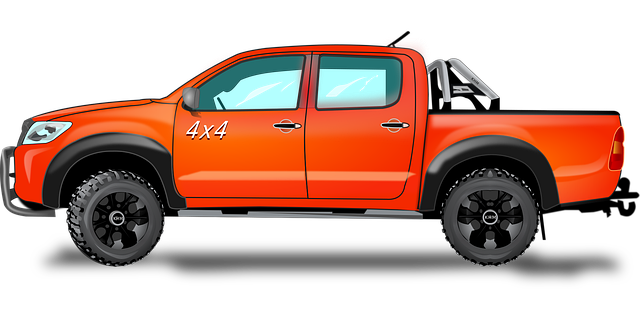Brownsville fleet owners rely on tow hooks for efficient truck wheel repair, minimizing downtime and costs. Regular maintenance, including inspections and replacements, is crucial to prevent issues, enhance vehicle reliability, and ensure safe operations, ultimately improving the financial performance and reputation of Brownsville fleet services.
Tow hooks, essential components of truck wheel repair, play a critical role in ensuring vehicle stability and safety during towing. This article delves into the world of tow hooks, exploring their significance in Brownsville fleet operations. We examine various types and their functions, drawing from a case study on efficient maintenance practices that prevented costly Brownsville fleet issues. By understanding and implementing best practices, fleet managers can maintain optimal performance and avoid potential problems associated with truck wheel repair.
- Understanding Tow Hooks: Their Role and Types in Truck Wheel Repair
- The Brownsville Fleet Experience: A Case Study on Efficient Tow Hook Maintenance
- Best Practices for Maintaining Tow Hooks to Prevent Brownsville Fleet Issues
Understanding Tow Hooks: Their Role and Types in Truck Wheel Repair

Tow hooks play a pivotal role in truck wheel repair, especially for those managing large fleets like those in Brownsville. These robust mechanical devices serve as crucial connectors, enabling efficient towing and recovery operations. When a truck or its wheels encounter a mishap, tow hooks facilitate the safe removal and transportation of the damaged vehicle, minimizing downtime and potential costs associated with accidents.
Brownville fleet owners should be familiar with various tow hook types designed for specific applications. From standard towing hooks for general repairs to specialized hooks for heavy-duty vehicles, each variety caters to different needs. Understanding these types ensures that when a wheel issue arises, the right hook can be swiftly deployed, streamlining the repair process and keeping Brownsville fleets on the road efficiently.
The Brownsville Fleet Experience: A Case Study on Efficient Tow Hook Maintenance

The Brownsville Fleet, a renowned trucking company known for its extensive fleet maintenance program, offers a compelling case study on the importance of regular tow hook maintenance. Their approach to truck wheel repair and overall fleet management highlights efficient practices that other companies can learn from. By prioritizing preventive maintenance, the Brownsville Fleet has significantly reduced downtime and increased the lifespan of their vehicles.
In their fleet, tow hooks, crucial components responsible for securing trailers to trucks, are subject to regular inspection and replacement. This proactive strategy, combined with specialized training for mechanics, ensures that any wear or damage is promptly addressed. As a result, the Brownsville Fleet experiences fewer breakdowns during operations, leading to improved safety and operational efficiency. Their commitment to maintaining these critical parts showcases how dedicated fleet management can positively impact a company’s bottom line and overall reputation in the trucking industry.
Best Practices for Maintaining Tow Hooks to Prevent Brownsville Fleet Issues

Regular maintenance is key to preventing issues with your Brownsville fleet’s truck wheel repairs. Start by inspecting tow hooks for any signs of wear, corrosion, or damage at regular intervals. Even minor cracks or bent parts can compromise safety and lead to costly repairs. Replace any faulty components immediately to avoid unexpected failures during operation.
Additionally, proper cleaning and lubrication are essential. Remove dirt, road salt, and debris that can attract moisture and accelerate corrosion. Lubricate hooks and related hardware regularly to ensure smooth operation and prevent rust buildup. Following these best practices will not only extend the lifespan of your tow hooks but also contribute to the overall reliability and safety of your Brownsville fleet trucks.
Tow hooks, integral components of truck wheel repair, play a pivotal role in ensuring safe towing and transportation. As demonstrated by the Brownsville Fleet’s successful case study, regular maintenance and adherence to best practices can significantly reduce issues related to tow hook functionality. By prioritizing these practices, fleet managers can optimize their operations, enhance safety, and minimize costly repairs, ultimately contributing to the overall efficiency of their Brownsville fleet truck wheel repair programs.



